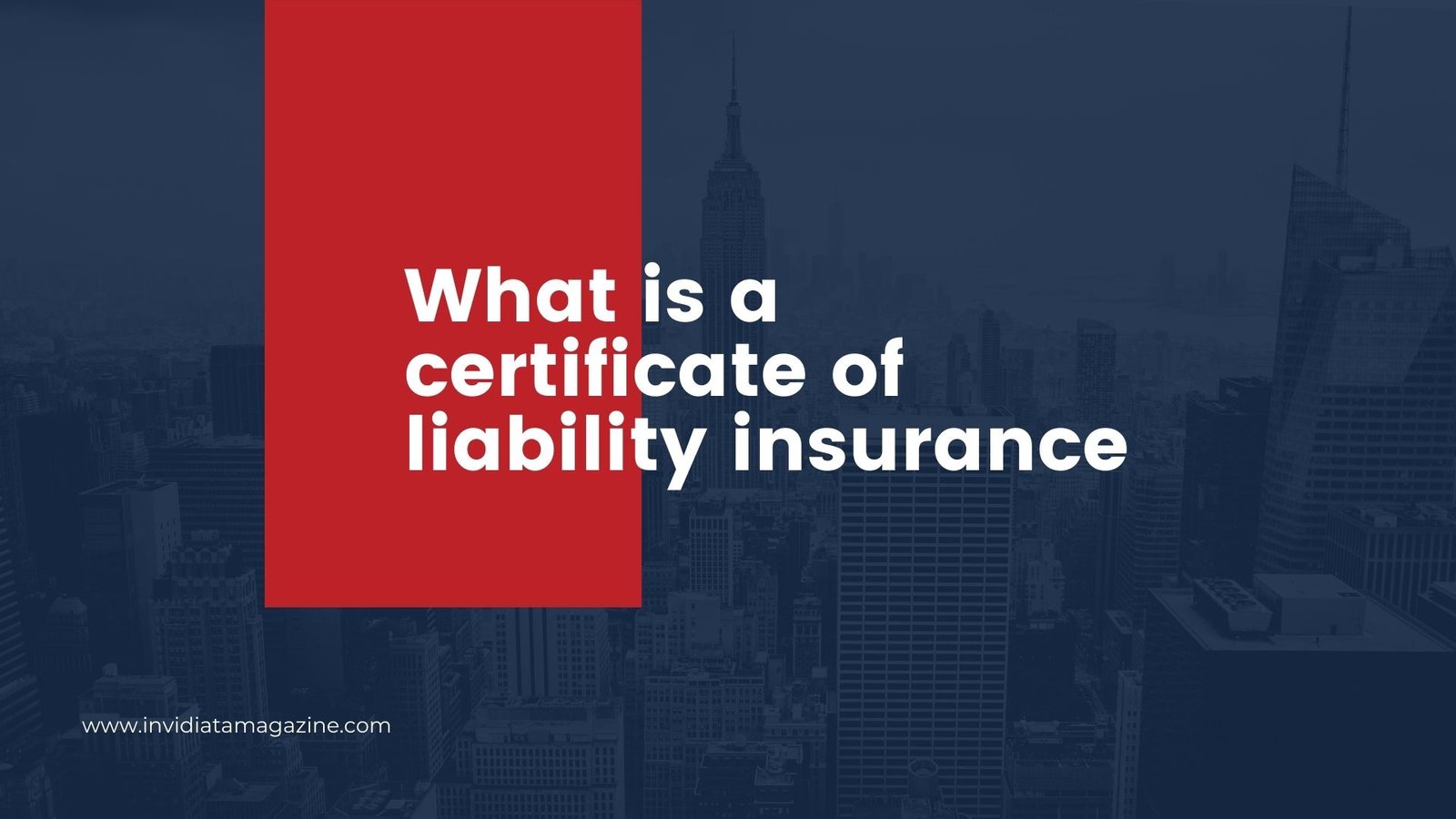Table of Contents
- The Importance of Property and Casualty Insurance
- Key Components of P&C Insurance
- Common Types of Property and Casualty Insurance
- How to Choose the Right Insurance
- Common Mistakes to Avoid
- Benefits of Having Proper Insurance
- Frequently Asked Questions
The Importance of Property and Casualty Insurance
Property and casualty (P&C) insurance is vital for protecting your assets and financial health. Whether you’re a homeowner, renter, or vehicle owner, having the right insurance policy can safeguard you from unexpected risks like theft, fire, and accidents. Without adequate insurance, the financial repercussions of these events can be crippling. For instance, when choosing insurance, you might want to consult lists of the top 100 property and casualty insurance companies to find reputable providers. These companies are often praised for their comprehensive coverage options and reliable customer service.
Having the right P&C insurance provides financial security and peace of mind. In any unfortunate event, knowing that your valuable assets are protected can significantly reduce stress and facilitate recovery. Whether it’s damage to your property from natural disasters or liability claims resulting from accidents, a robust insurance policy can save you from substantial out-of-pocket expenses. Understanding the importance of having proper coverage can also inform better decision-making when evaluating different insurance options.
Key Components of P&C Insurance
P&C insurance policies typically involve two key components: property insurance and liability insurance. Damage to tangible assets, such as your house, car, or personal possessions, is covered by property insurance. This type of coverage ensures that you are compensated for the loss if your property is damaged or destroyed, thereby protecting your financial stability. On the other hand, liability insurance protects you from legal claims if you’re found responsible for causing injury or property damage to others. This aspect of P&C insurance can cover legal fees, medical expenses, and settlements, which can be financially devastating otherwise.
Understanding these components helps in choosing a policy that provides comprehensive coverage. For instance, property insurance might cover damages due to fire or natural disasters, while liability insurance can cover legal fees and medical expenses in case of an accident for which you are held liable. Having both components ensures that you are protected from a wide range of risks, making your insurance policy more robust and reliable.
Common Types of Property and Casualty Insurance
There are several common types of P&C insurance, each tailored to meet different needs and scenarios. Understanding these types can help you choose the most appropriate coverage for your circumstances:
- Homeowners Insurance: Safeguards your home and belongings against risks such as fire, theft, and vandalism. Furthermore, it offers liability protection in the event that someone is hurt on your land. This type of insurance is essential for homeowners as it protects one of their most significant investments.
- Auto Insurance: Protects your vehicle against damages from accidents, theft, or natural disasters. It also includes liability coverage for bodily injuries and property damage you may cause. Auto insurance is crucial for vehicle owners to cover potential repair costs and liability claims.
- Renters Insurance: Offers liability protection, together with personal belongings’ coverage for renters. It does not cover the physical building, which is typically covered by the landlord’s insurance. Renters insurance is affordable and offers significant protection for personal property and liability.
- Umbrella Insurance: This extra liability insurance is designed to provide additional coverage beyond the limits of other policies, like homeowners or auto insurance. Umbrella insurance is beneficial for those with substantial assets or higher risk profiles, offering extended protection against large claims.
How to Choose the Right Insurance
Choosing the right insurance policy can be a daunting task, but breaking it down into manageable steps can make the process easier:
- Assess Your Needs: Determine what type of coverage you need based on your assets, lifestyle, and potential risks. Consider factors like the value of your property, the likelihood of specific perils, and your liability exposure.
- Compare Policies: Look at different policies from various providers to compare coverage options and premiums. The Investopedia guide on P&C insurance offers extensive information on choosing the right policy. Comparing policies helps you find the best balance between cost and coverage.
- Read Reviews: Customer reviews can offer important information about the dependability and quality of insurance providers’ customer service. Reviews can highlight potential red flags or confirm the credibility of a provider.
- Consult Experts: Financial advisors or insurance brokers can provide professional advice catered to your individual circumstances. Their professional insights can help you navigate complex policy terms and conditions.
- Review Policy Documents: Read the terms and conditions carefully to learn what is covered and whether there are any exclusions. Make sure the policy satisfies your needs for coverage and be aware of the claims procedure.
Common Mistakes to Avoid
When selecting P&C insurance, it’s essential to avoid these common mistakes to ensure you are adequately protected:
- Under-Insuring Your Property: If you don’t have full replacement cost insurance for your property, you may find yourself in a difficult financial situation in the event of a loss. Ensure your coverage reflects the current value of your assets, including any improvements or acquisitions.
- Overlooking Liability Coverage: Neglecting to include sufficient liability coverage can result in significant out-of-pocket expenses if you’re found liable for damages or injuries. In order to safeguard your financial future from expensive legal claims, liability coverage is essential.
- Not Updating Your Policy: Major life events like renovations, purchasing new assets, or changes in residency might necessitate updating your policy to reflect new coverage needs. Regularly review and adjust your policy to ensure it remains adequate for your current situation.
Benefits of Having Proper Insurance
Ensuring you have the right P&C insurance offers several benefits:
- Financial Protection: This covers the costs of repairs, replacements, and liability claims, thereby protecting your financial health. Without adequate coverage, unexpected expenses can severely impact your finances.
- Peace of Mind: Knowing that your assets are covered allows you to live with less worry about unforeseen risks. This peace of mind extends to your family, knowing they are financially protected.
- Legal Support: Many policies offer legal defense in liability claims, ensuring you have professional support in legal matters. This support can include covering legal fees and settlements, which can be significant.
- Risk Management: Proper insurance acts as a risk management tool, helping you navigate financial uncertainties more effectively. By transferring some of your risks to the insurance company, you can focus on your personal and professional growth.
Frequently Asked Questions
What does property and casualty insurance cover?
P&C insurance covers damages to property and provides liability coverage for accidents and legal claims. This dual protection ensures you’re covered for various incidents, from property damage to personal injury claims.
How much liability coverage should I have?
The amount of liability coverage depends on your specific circumstances, including the value of your assets and your risk exposure. It’s advisable to assess your liability risk thoroughly and choose a coverage amount that adequately protects your financial interests.
What factors affect my insurance premiums?
Factors include the property’s location, the insured assets’ value, claims history, and credit score. Insurers consider these factors to determine the likelihood of a claim and the potential cost, which influences your premium rates.





